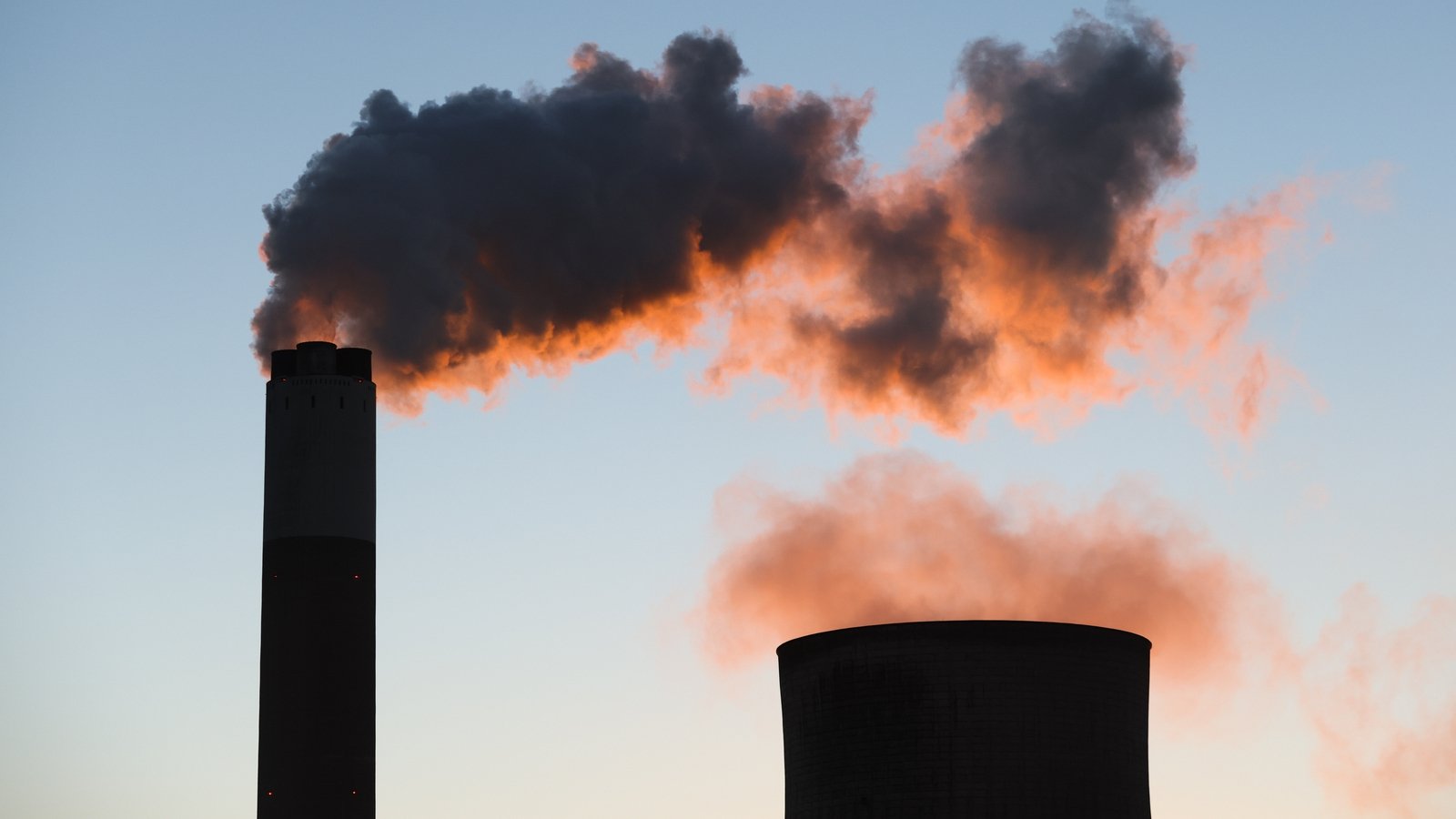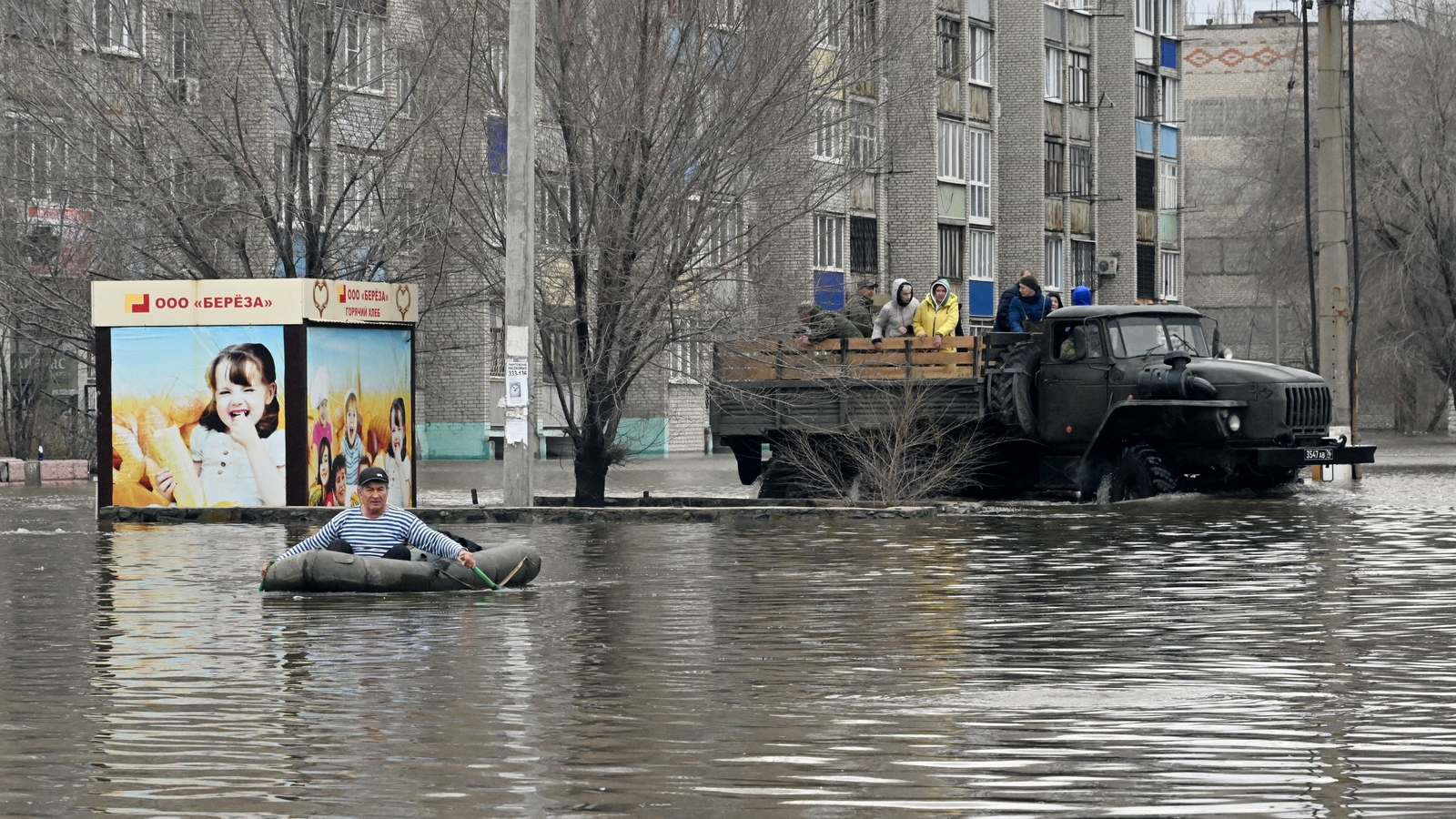Average world income ‘to fall 19% due to climate change’

The effects of climate change will reduce income across the world economy by 19% in the next 26 years even if CO2 emissions were cut drastically from today.
That is according to a new study by the Potsdam Institute for Climate Impact Research (PIK) published in the journal Nature.
It found the cost of these climate damages are already six times higher than the cost of mitigation measures to limit global warming to 2C.
The middle of the road projection estimates annual costs to the world economy of €38 trillion damages by 2050.
A worst case scenario sets that annual loss at $59 trillion with incomes 60% lower than otherwise projected.
Per capita incomes may be higher than today, but the authors wrote that “this constitutes a permanent income reduction for most regions, including North America and Europe”.
The researchers used recent empirical findings from more than 1,600 regions worldwide to project damages at a sub national scale.
They found all regions will be affected including North America and Europe, but the parts of the world least responsible for climate change like Africa and South Asia will see the greatest impacts.
They are also the regions least able to adapt.
“Our analysis shows that climate change will cause massive economic damages within the next 25 years in almost all countries around the world, also in highly-developed ones such as Germany, France and the United States,” said PIK scientist Leonie Wenz who led the study.

He said: “These near-term damages are a result of our past emissions. We will need more adaptation efforts if we want to avoid at least some of them.
“And we have to cut down our emissions drastically and immediately – if not, economic losses will become even bigger in the second half of the century, amounting to up to 60% on global average by 2100.
“This clearly shows that protecting our climate is much cheaper than not doing so, and that is without even considering non-economic impacts such as loss of life or biodiversity.”
The estimated damages are based on the projected impacts of rising temperatures and changes in rainfall and temperature variability, but other weather extremes such as storms or wildfire could raise them even higher.
Study co-author Anders Levermann, who is head of research at the department of complexity science at the Potsdam Institute, said: “Our study highlights the considerable inequity of climate impacts: We find damages almost everywhere, but countries in the tropics will suffer the most because they are already warmer.
“Further temperature increases will therefore be most harmful there.
“The countries least responsible for climate change, are predicted to suffer income loss that is 60% greater than the higher-income countries and 40% greater than higher-emission countries.
“They are also the ones with the least resources to adapt to its impacts. It is on us to decide: structural change towards a renewable energy system is needed for our security and will save us money.
“Staying on the path we are currently on, will lead to catastrophic consequences. The temperature of the planet can only be stabilized if we stop burning oil, gas and coal.”





